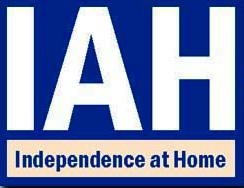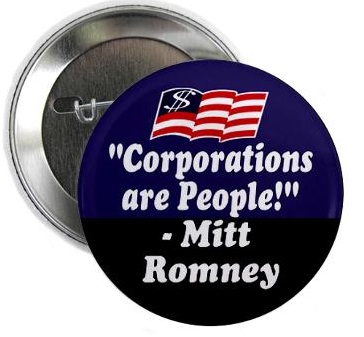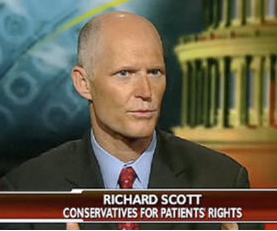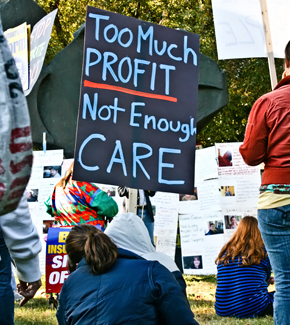Dr. Bruce Kinosian still makes house calls, and he's proud of it. In fact, he introduces himself as a physician who goes to see his patients in their homes rather than insisting that they come to see him at his office.
 He's convinced that if more doctors did what he does, we could eliminate billions of dollars we currently spend in this country in an often-futile -- and almost always incredibly expensive -- effort to get people well.
He's convinced that if more doctors did what he does, we could eliminate billions of dollars we currently spend in this country in an often-futile -- and almost always incredibly expensive -- effort to get people well.
Much of that savings, he says, would accrue to the Medicare program, making it unnecessary for Congress to even consider eliminating benefits or raising the eligibility age.
Kinosian, associate professor of medicine at the Hospital of the University of Pennsylvania in Philadelphia, is a leading advocate of the Independence at Home (IAH) program, which quietly has been saving the Department of Veteran's Affairs (and taxpayers) lots of money -- and improving the quality of life for thousands of veterans -- for nearly three decades.

 "Corporations are people, my friend," Romney said. "Everything corporations earn ultimately goes to the people. Where do you think it goes? Whose pockets? People's pockets! Human beings, my friend."
"Corporations are people, my friend," Romney said. "Everything corporations earn ultimately goes to the people. Where do you think it goes? Whose pockets? People's pockets! Human beings, my friend." As he was gearing up to run for governor of Florida, Republican
As he was gearing up to run for governor of Florida, Republican 
 He's convinced that if more doctors did what he does, we could eliminate billions of dollars we currently spend in this country in an often-futile -- and almost always incredibly expensive -- effort to get people well.
He's convinced that if more doctors did what he does, we could eliminate billions of dollars we currently spend in this country in an often-futile -- and almost always incredibly expensive -- effort to get people well. It only takes three words, when you get right down to it, to describe the real of those folks: profits over people.
It only takes three words, when you get right down to it, to describe the real of those folks: profits over people.
 If opponents of health care reform could view the grant money in the Affordable Care Act as an investment in our children rather than wasteful spending, I believe at least some of them would eventually accept that we're better off with the law than without it.
If opponents of health care reform could view the grant money in the Affordable Care Act as an investment in our children rather than wasteful spending, I believe at least some of them would eventually accept that we're better off with the law than without it. The
The